Buy Qsymia (Phentermine and Topiramate)
Qsymia (phentermine / topiramate ER) is a combination medication made up of two medications. Phentermine is a sympathomimetic that works in the brain to lower your appetite. Topiramate is an antiepileptic (antiseizure medication).
Qsymia contains a combination of phentermine and topiramate in an extended-release capsule. Phentermine is an appetite suppressant similar to an amphetamine. Topiramate is typically used as a seizure medication, also called an anticonvulsant.
Qsymia is used together with diet and exercise to help some adults and children 12 years and older with obesity, or some overweight adults who also have weight-related medical problems such as diabetes, high cholesterol, or high blood pressure, to lose weight and keep the weight off.
Qsymia will not treat any of these underlying conditions. Keep using any other medicines your doctor has prescribed to treat these conditions.
Warnings
Do not use Qsymia if you are pregnant or if you become pregnant. This medicine may increase the risk of a birth defect called cleft lip and palate in a newborn.
You should not take Qsymia if you are allergic to phentermine (Adipex-P, Oby-Cap, Suprenza, T-Diet, Zantryl) or topiramate (Topamax), or if you have glaucoma or overactive thyroid.
Before you take Qsymia, tell your doctor if you have high blood pressure, heart disease, diabetes, liver or kidney disease, low blood levels of potassium, or if you have had a heart attack or stroke in the past 6 months.
Phentermine may be habit-forming and should be used only by the person for whom it was prescribed. Keep the medication in a secure place where others cannot get to it. Do not stop taking Qsymia suddenly, or you could have a seizure (convulsions). You may need to use less and less before you stop the medication completely. Ask your doctor how to avoid seizures when you stop using Qsymia
Topiramate may cause vision problems that can be permanent if not treated quickly. Call your doctor right away if you have a sudden decrease in vision.
Some people have thoughts about suicide while taking topiramate. Stay alert to changes in your mood or symptoms. Report any new or worsening symptoms to your doctor.
Qsymia can increase your resting heart rate. Tell your doctor if you have fast or pounding heartbeats while you are resting.
Before taking this medicine
Do not use Qsymia if you have used an MAO inhibitor in the past 14 days. A dangerous drug interaction could occur. MAO inhibitors include isocarboxazid, linezolid, methylene blue injection, phenelzine, rasagiline, selegiline, tranylcypromine, and others.
You should not use Qsymia if you are allergic to phentermine or topiramate, or if you have:
- glaucoma;
- overactive thyroid; or
- if you are pregnant or may become pregnant.
You may need to have a negative pregnancy test before starting this treatment. Do not use Qsymia if you are pregnant. Stop taking this medicine and call your doctor right away if you become pregnant.
Topiramate may increase the risk of cleft lip and palate in a newborn. This birth defect occurs early in pregnancy, and can develop even before you know you are pregnant. Weight loss during pregnancy also can harm an unborn baby, even if you are overweight. Use effective birth control to prevent pregnancy while you are using Qsymia.
Qsymia is not FDA-approved for use by anyone younger than 12 years old.
To make sure Qsymia is safe for you, tell your doctor if you have:
- heart problems, high blood pressure;
- a heart attack or stroke;
- diabetes (weight loss may cause low blood sugar);
- metabolic acidosis (too much acid in your blood);
- soft or brittle bones (osteomalacia, osteopenia, osteoporosis);
- kidney disease, kidney stones, or dialysis;
- liver disease;
- mood problems, depression, or suicidal thoughts or actions;
- an allergy to aspirin or yellow dye (tartrazine):
- a seizure; or
- chronic diarrhea.
Topiramate can increase the level of acid in your blood (metabolic acidosis). This can weaken your bones, cause kidney stones, or cause growth problems in children or harm to an unborn baby. You may need blood tests to make sure you do not have metabolic acidosis.
Some people have thoughts about suicide while taking topiramate. Your doctor will need to check your progress at regular visits. Your family or other caregivers should also be alert to changes in your mood or symptoms.
You should not breast-feed while using Qsymia.
How should I take Qsymia?
Take Qsymia exactly as prescribed by your doctor. Follow all directions on your prescription label and read all medication guides or instruction sheets.
Your healthcare provider should start you on a diet and exercise program when you start taking Qsymia. Stay on this program during your treatment.
Take this medicine each morning, with or without food.
Drink plenty of water each day to prevent dehydration or kidney stones while you are taking Qsymia.
To start treatment with Qsymia:
- Take one Qsymia 3.75 mg/23 mg capsule one time each morning for the first 14 days.
- After taking 3.75 mg/23 mg capsule for 14 days, then take one 7.5 mg/46 mg capsule one time each morning.
After taking Qsymia for 12 weeks:
- Your healthcare provider may tell you to increase your dose if you do not lose a certain amount of weight or do not have a certain decrease in BMI for children 12 years and older, within the first 12 weeks of treatment at the recommended dose.
If your healthcare provider increases the dose of Qsymia:
- Take one 11.25 mg/69 mg capsule one time each morning for 14 days.
- After taking 14 days of the 11.25 mg/69 mg capsule, then take one 15 mg/92 mg capsule one time each morning.
Stopping Qsymia treatment:
Your healthcare provider should tell you to stop taking Qsymia if you have not lost a certain amount of weight or do not have a certain decrease in BMI for children 12 years and older, after an additional 12 weeks of treatment on the higher dose.
Do not stop taking Qsymia without talking to your healthcare provider. Stopping Qsymia suddenly can cause serious problems, such as seizures. Your healthcare provider will tell you how to stop taking Qsymia slowly.
Store at room temperature away from moisture and heat.
Phentermine may be habit-forming. Misuse can cause addiction, overdose, or death. Keep the medication in a place where others cannot get to it. Selling or giving away this medicine is against the law.





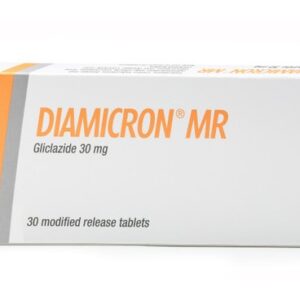
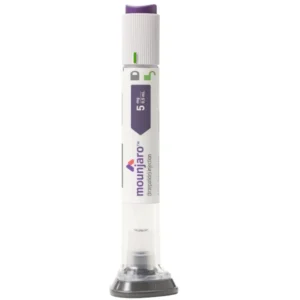
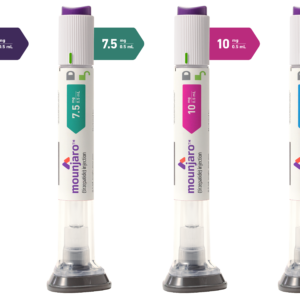



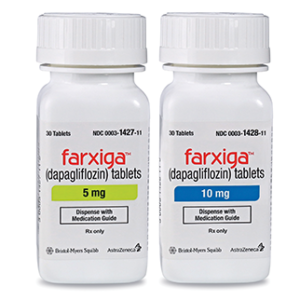

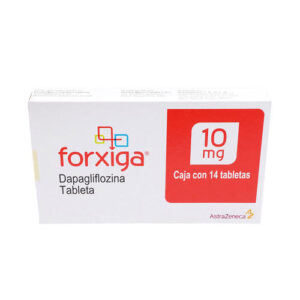
Reviews
There are no reviews yet.